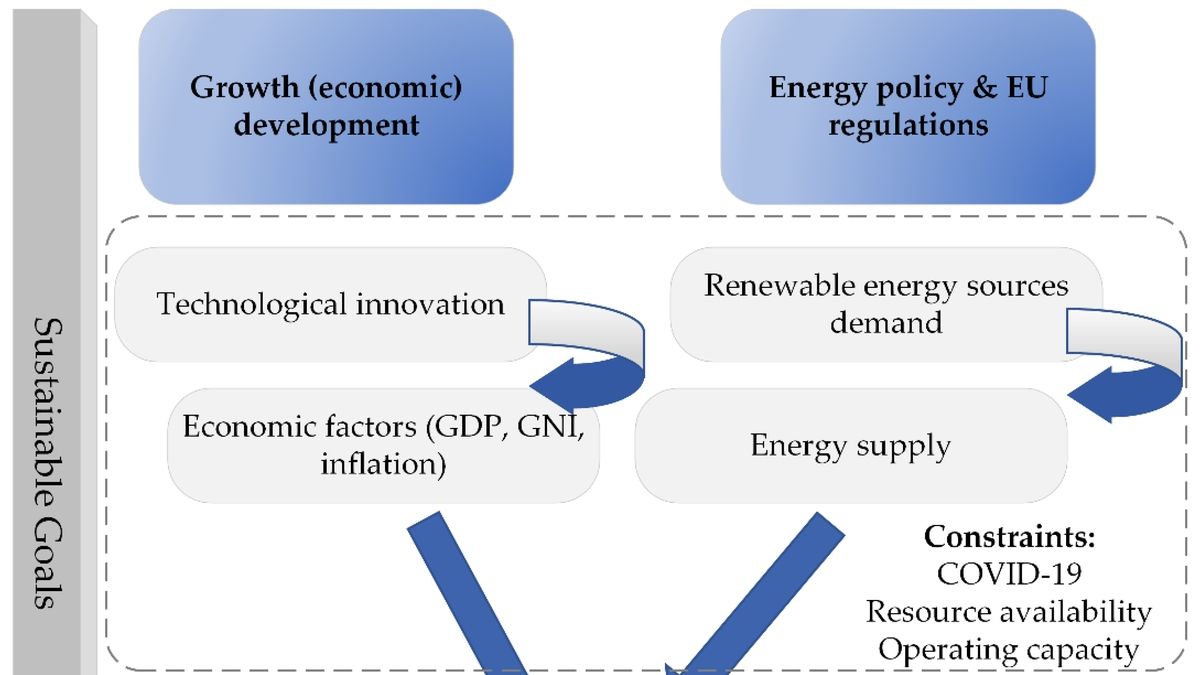
In the heart of the burgeoning debate on how best to combat the climate crisis lies a beacon of hope and clarity: recent research unveils that not only is renewable energy innovation a critical step towards slashing carbon emissions, but it also paves the way for economic prosperity. This revelation challenges the longstanding narrative that positions economic growth and environmental sustainability at odds. Instead, it highlights a synergistic path forward, where fostering renewable energy innovation could indeed be the linchpin in achieving both a robust economy and a healthier planet.
The Economic Upside of Renewable Energy Innovation
Contrary to the myth that transitioning to clean energy necessitates economic sacrifice, evidence points to a brighter scenario. Renewable energy innovation is now being recognized as a powerful engine for economic growth. According to a report by the U.S. Department of Energy, the clean energy sector has emerged as a significant job creator, outpacing the overall employment growth rate in the U.S. With over 8 million jobs and counting, the sector is not just about mitigating climate change but is also a vital source of good-paying union jobs across manufacturing, installation, and maintenance of renewable energy technologies.
This shift towards renewables and the corresponding drop in support for the fossil fuel industry marks a pivotal move. By reducing subsidies for fossil fuels and instead, channeling support towards renewable energy research and innovation, governments and industries can unlock dual benefits: an accelerated transition to clean energy and a revitalization of the economy through job creation and GDP growth.
Challenges and Considerations
However, the road to a renewable energy future is not without its bumps. The transition demands not only technological innovation but also a significant overhaul of existing energy infrastructures and policies. Implementing pollution taxes, for instance, while beneficial for reducing emissions and funding clean energy projects, requires careful consideration of potential economic impacts, particularly on lower-income communities. Furthermore, fostering competition within the renewable energy sector and ensuring equitable access to clean energy innovations are essential steps in preventing monopolies and ensuring that the benefits of clean energy are widely shared.
The importance of broader sustainability criteria and equifinality – the principle that multiple paths can lead to the same end goal – in decision-making processes cannot be overstated. By embracing a holistic approach that considers various pathways to sustainability, communities and policymakers can navigate the complexities of the energy transition more effectively, ensuring that no one is left behind.
The Road Ahead: A Sustainable Society with a Robust Economy
The findings from recent research underscore the need for a shift in focus towards renewable energy innovation as a means to foster economic growth while simultaneously reducing emissions. This calls for strategic policy decisions that prioritize clean energy innovation, such as increasing funding for renewable energy research and incentivizing the adoption of clean technologies. Such measures not only support the immediate goal of emission reduction but also contribute to a more sustainable society with a healthy, thriving economy.
As the world stands at a crossroads, the path to a sustainable future is clearer than ever. By championing renewable energy innovation, we can unlock a future that promises economic prosperity, job creation, and a significant reduction in carbon emissions. The journey is undoubtedly challenging, but the potential rewards for our planet and future generations make it a journey worth embarking on.
